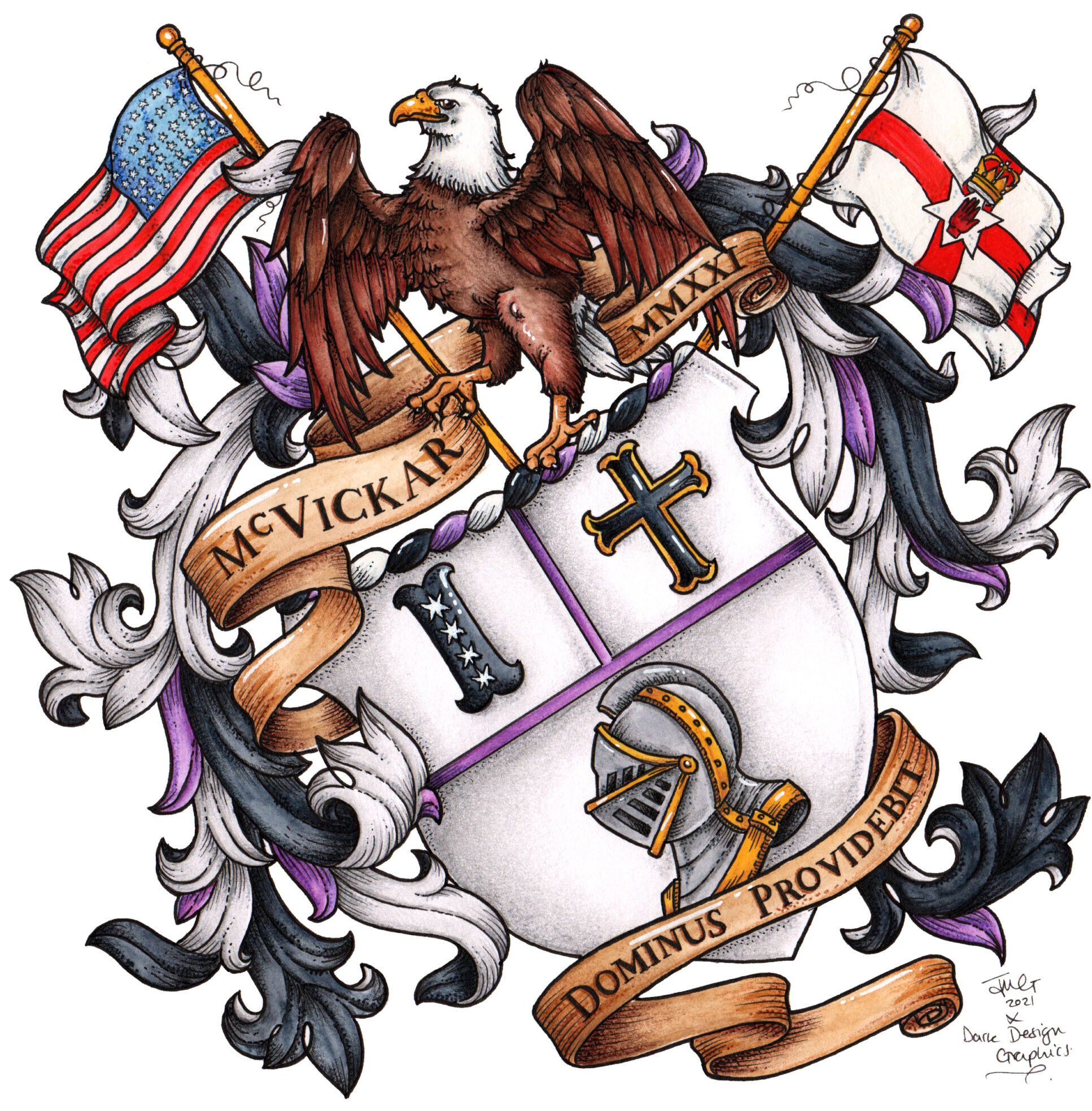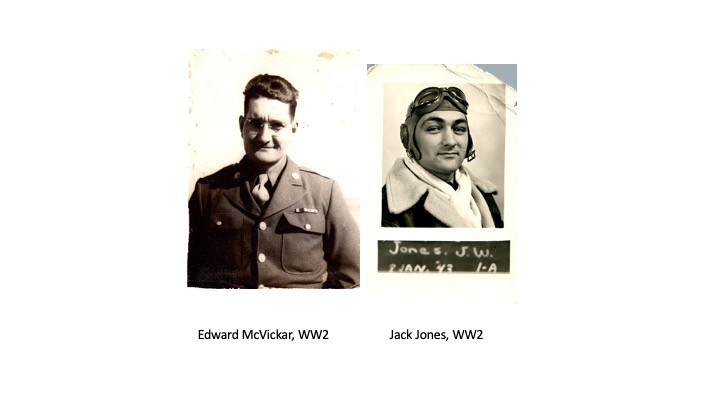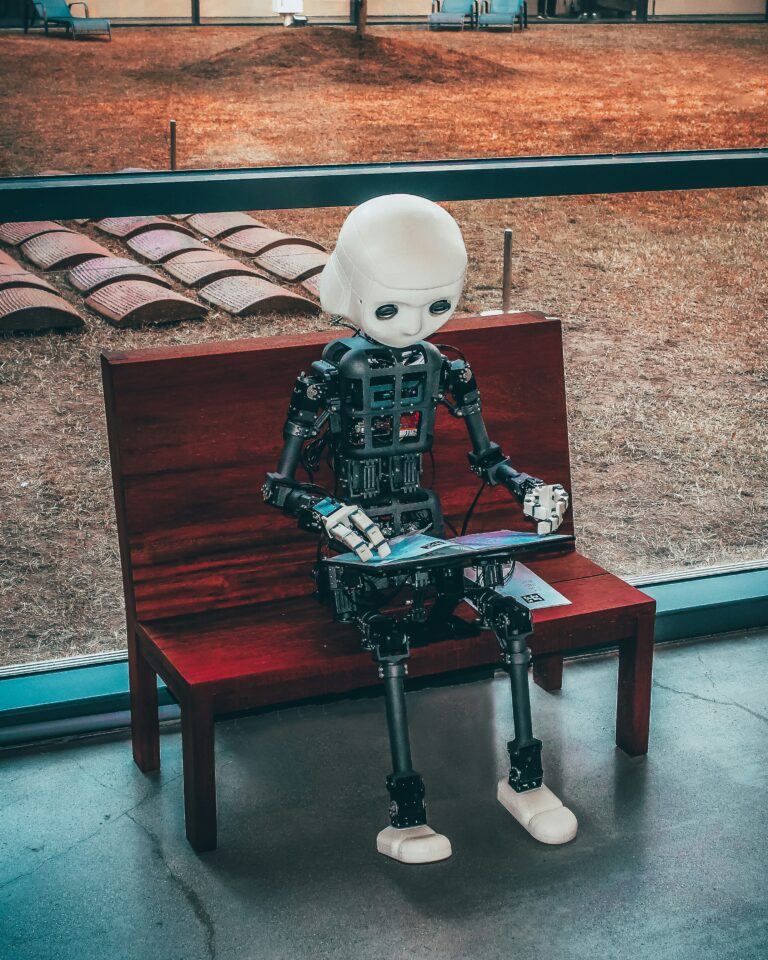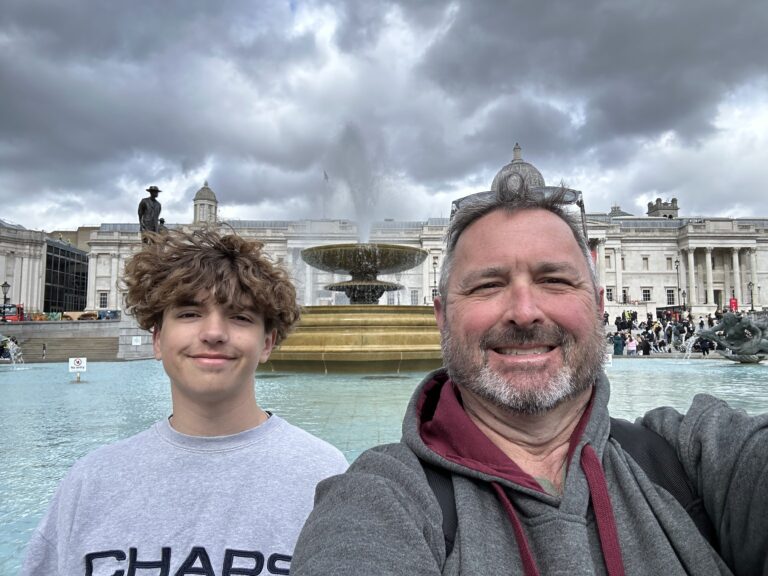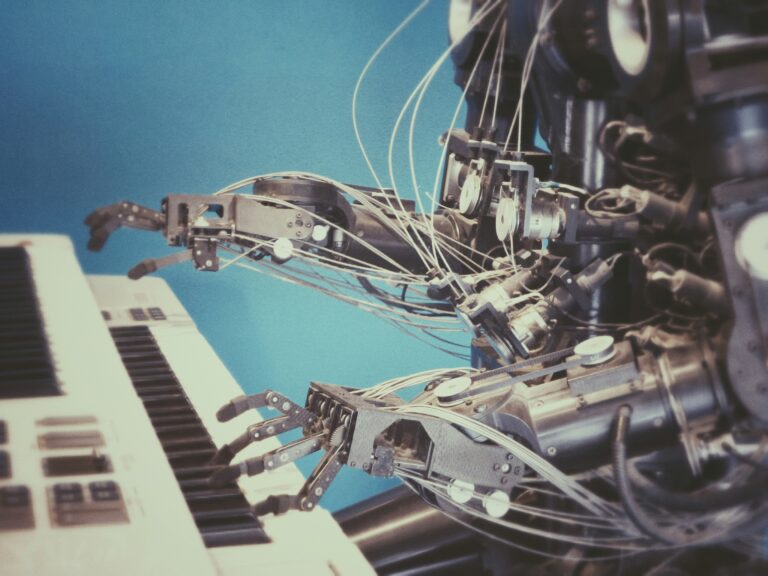In this era of rapid technological advancement, it is paramount to recognize the significance of utilizing cutting-edge tools and platforms to document the extraordinary stories of our World War I and II veterans. I have previously emphasized the importance of technology in preserving family histories, particularly through the preservation of cherished photos and videos. Today, I would like to shed light on a project that holds tremendous value—a project dedicated to capturing the historical accounts of our veterans.
As of 2011, the last World War I veteran from the United States passed away, marking the end of an era for more than 4 million individuals who served. In 2022, only 167,000 World War II veterans remained among the 16 million who had once bravely served their country. Alarmingly, it is projected that by 2032, there will be no living World War II veterans left to share their invaluable experiences.
While acknowledging the significance of subsequent wars and conflicts, it is crucial to prioritize the documentation of the stories from World War I and II due to the limited technology available during those times, as well as the dwindling numbers of surviving veterans. These heroes, who bore witness to history and shaped the world we live in today, deserve our utmost attention and appreciation.
On a personal note, both of my grandfathers served in World War II. My grandfather Edward served in the Army, while my grandfather Jack was a PBY pilot in the Navy. Reflecting upon their service, I find myself yearning for the opportunity to engage with them, to understand and learn from their wartime experiences, and to comprehend the profound impact it had on their lives. Regrettably, that chance has long passed.
It is against this backdrop that initiatives like the Veterans History Project, spearheaded by the Library of Congress, assume paramount importance. This remarkable endeavor seeks to collect, preserve, and make accessible the personal accounts of veterans, ensuring that their stories are not lost to time. By harnessing technology and utilizing digital platforms, this project enables us to capture interviews, record oral histories, and archive photographs, documents, and other significant artifacts.
Through the power of technology, we can now engage with these veterans in new and innovative ways. Virtual reality experiences, interactive documentaries, and online repositories provide immersive and educational opportunities for individuals of all ages to learn from the firsthand accounts of those who served. The digital realm transcends geographical boundaries, ensuring that future generations have access to these invaluable narratives, even when the last veteran of World War II has passed away.
Preserving the legacy of our World War I and II veterans is a responsibility that falls upon all of us. By embracing technology and leveraging its capabilities, we can honor their sacrifices, learn from their experiences, and ensure that their stories continue to inspire and educate generations to come.
To learn more about the Veterans History Project and how you can contribute, please visit:
#veterans #technology #history
Originally posted on LinkedIn on July 18th, 2023
Image credit – the McVickar Family Archives
